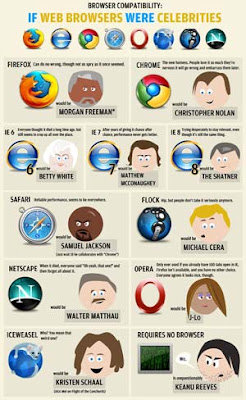Welcome to Beginning SQL Server 2005 for Developers. As you are reading this book, I assume that you are interested in learning how to create solutions with Microsoft SQL Server 2005, but
have no prior knowledge of SQL Server 2005. You may well have had exposure to other data- bases such as MySQL, Oracle, or Microsoft Access, but SQL Server uses different interfaces and has a different way of working compared to much of the competition. The aim of this book is to bring you quickly up to a level at which you are developing competently with SQL Server 2005. This book is specifically dedicated to beginners, and to those who at this stage wish to use only SQL Server 2005. You may find this book useful for understanding the basics of other databases in the marketplace, especially when working with T-SQL. Many databases use an ANSI-standard SQL, and so moving from SQL Server to Oracle, Sybase, etc., after reading this book will be a great deal easier.
This chapter covers the following topics:
• Why SQL Server 2005?
• How do I know if my hardware meets the requirements?
• Can I just confirm that I have the right operating system?
• What can I do with SQL Server 2005?
We will also then look at installing our chosen edition—this section of the chapter covers the following:
• Installing SQL Server 2005 on a Windows XP platform
• Options not installed by default
• Where to install SQL Server physically
• Multiple installations on one computer
• How SQL Server runs on a machine
• How security is implemented
• Logon IDs for SQL Server, especially the sa (system administrator) logon



